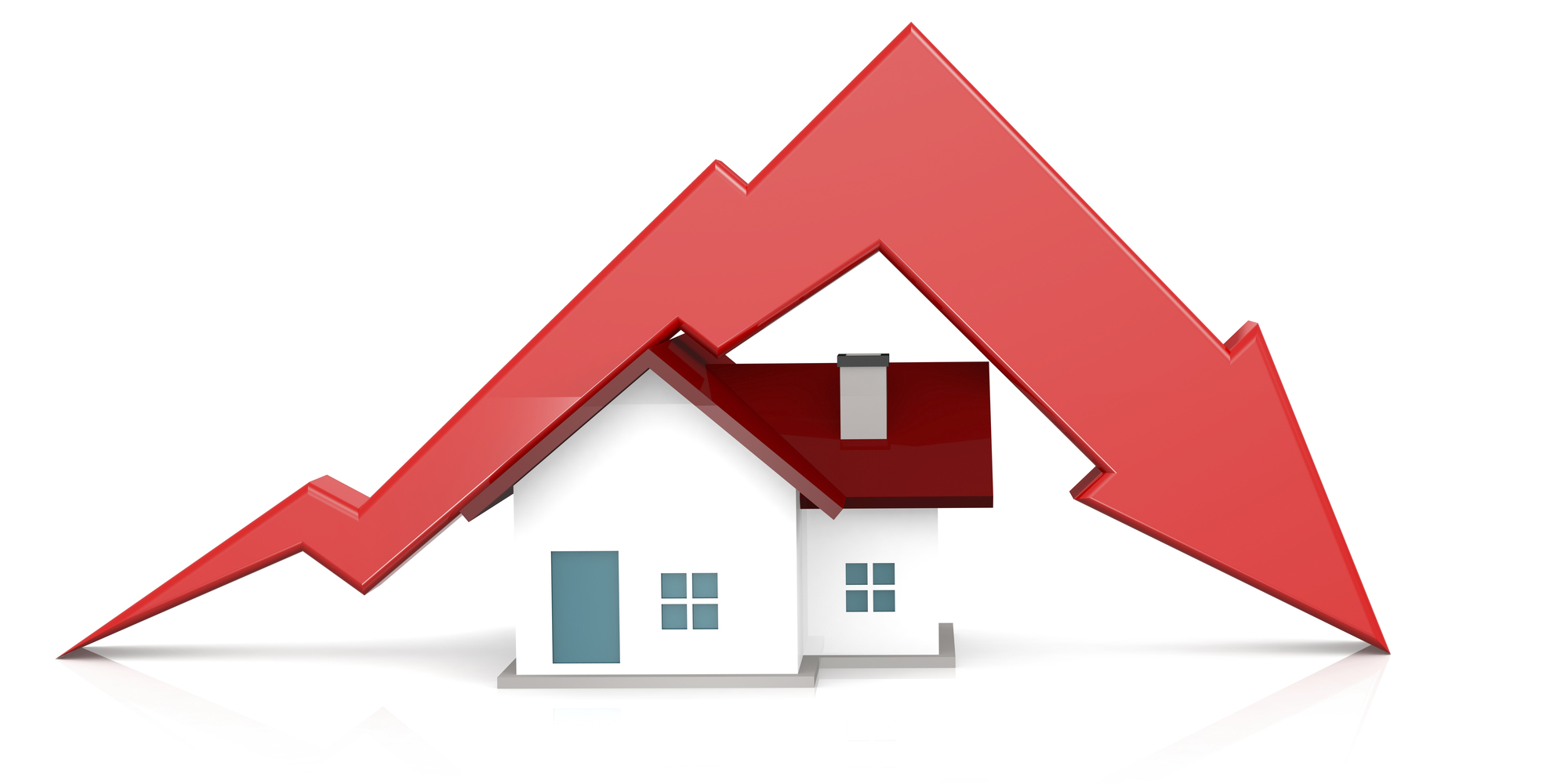 Activity in the housing market is shrinking due to the deterioration in households' ability to pay and the availability of new housing, according to the Financial Stability Report prepared by the Bank of Latvia.
Activity in the housing market is shrinking due to the deterioration in households' ability to pay and the availability of new housing, according to the Financial Stability Report prepared by the Bank of Latvia.
The supply of energy-efficient housing has increased slightly, making a downward pressure on prices. At the same time, the supply of new housing has been insufficient and the price growth is accelerating. The rapid rise in construction costs will further weaken the availability of new housing, the Bank of Latvia said.
The deterioration in households' ability to pay and the availability of new housing is leading to a decline in activity in the Latvian property market, the report said. In April 2023, the number of property transactions was 15.2 percent lower than in the corresponding period of the previous year.
The drop in activity is particularly sharp in Pieriga, where the number of purchases in February fell to the lowest level of 2020 and recovered only slightly in March-April. According to the Bank of Latvia, this could be explained by a significant drop in the number of purchases of private houses and land plots. The number of purchases of apartments declined moderately.
The trends in housing supply are well reflected in the Bank of Latvia's analysis of data from major classifieds platforms. According to this analysis, the supply of standard and special project apartments has increased slightly, making a downward pressure on their prices.
The fluctuations in the supply and prices of energy-efficient housing further underline the need to significantly increase the pace of building renovation, the Bank of Latvia said. As a result of rising energy prices, households living in housing that is not energy-efficient are exposed not only to significantly higher energy costs, but also to a decline in the value of housing. The pace of renovation of apartment buildings has been very slow so far, the Bank of Latvia said.
The Financial Stability Report stated that in order to increase the pace of renovation, it is important to increase the funding available for renovation, reduce the funding volatility, increase the capacity of the construction sector, develop the renovation industry and raise awareness among residents. As elsewhere in Europe, public funding alone is not sufficient to renovate the housing stock and more active involvement of the private sector is also needed.
In the view of the Bank of Latvia, additional financial incentives for renovation (beyond the exemption from real estate tax rebates) should be considered after strengthening the capacity of the construction sector and increasing the funding available for renovation.
The construction of new housing is sluggish and is further constrained by the still rapid increase in construction costs and the caution of housing developers. According to the Central Statistical Bureayu, the total area of new dwellings commissioned in 2022 increased by 23 percent compared to the record low in 2021, but was 5.6 percent and 19.4 percent lower than in 2020 and 2019 respectively.
According to ColliersInternational Advisors' estimates, the number of apartments commissioned in Riga and Pieriga in 2023 could be lower than in 2022. Market observations show that housing developers have become more cautious when launching new projects due to concerns about the scale and volatility of construction costs, as well as households' purchasing power.
The Bank of Latvia said that the pace of growth of quality and affordable housing stock in Latvia has been slow for a long time. A number of structural weaknesses, such as bureaucratic barriers to construction , the informal economy, and the lack of adequate labor in the regions, still need to be addressed to boost supply.
Price increases in the housing market are generally moderating, but trends vary widely across different segments of the housing market. According to the report, in the fourth quarter of 2022, the Housing Price Index was 9.1 percent higher than in the corresponding period of the previous year, but in quarterly terms prices fell by 0.2 percent. Lower demand and rising supply of standard-design apartments are slowing the annual rate of growth of existing house prices, while new house price growth is accelerating.
After the fluctuations caused by the global consequences of the war in Ukraine, rental supply and rental prices in Latvia have stabilized in spring 2022. According to the website cenubanka.lv, the number of rental offers and their average price did not change significantly at the end of 2022 and the beginning of 2023. Rental supply in Riga in early 2023 was generally slightly higher than in 2020-2021 on average, mainly due to a higher supply of standard-design apartments. Rental price growth in Riga has slowed down.
